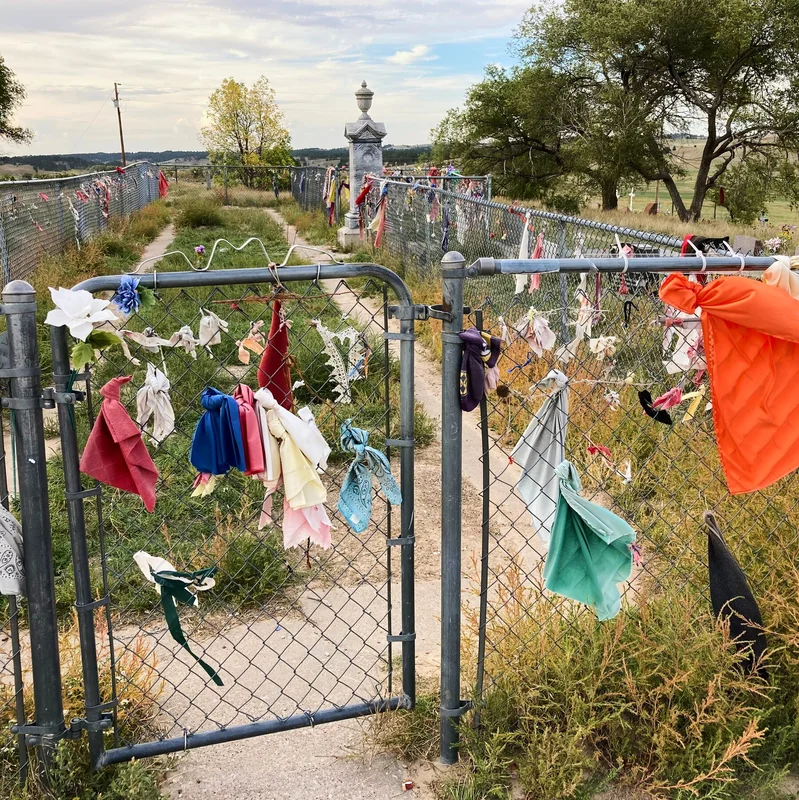In a decision that has reignited a long-standing national debate, Defense Secretary Pete Hegseth announced on September 26, 2025, that the Medals of Honor awarded to U.S. soldiers for their role in the 1890 Wounded Knee Massacre will remain intact . The announcement follows a Pentagon review initiated by his predecessor, Lloyd Austin, and has drawn sharp criticism from Native American advocates and lawmakers .
A Contentious Legacy: The Wounded Knee Massacre
On December 29, 1890, near Wounded Knee Creek on the Pine Ridge Indian Reservation in South Dakota, U.S. Army troops of the 7th Cavalry surrounded a camp of Lakota Sioux. What began as an attempt to disarm the group escalated into a brutal massacre. Estimates of the death toll vary, but most historians agree that between 150 and 300 Lakota men, women, and children were killed—many of them unarmed [[10], [13]].
Despite the horrific nature of the event, the U.S. government awarded 20 Medals of Honor to soldiers of the 7th Cavalry for their actions that day [[18], [20]]. For decades, Native American communities and historians have argued that these medals dishonor the memory of the victims and distort the historical record .
The Pentagon Review and Hegseth’s Decision
In 2024, Defense Secretary Lloyd Austin directed a five-member panel to review the 20 Medals of Honor awarded for actions at Wounded Knee [[24], [26]]. The panel’s mandate was to determine whether the medals should be rescinded based on modern standards of valor and conduct.
However, Hegseth, who assumed office in 2025, declared that the panel concluded the soldiers “rightfully keep their medals” . “We’re making it clear that [the soldiers] deserve those medals,” Hegseth stated . This decision effectively closes the door on the Pentagon’s internal review process.
Key Events in the Wounded Knee Medals Controversy
- 1890: Wounded Knee Massacre occurs; 20 Medals of Honor awarded.
- 1990: U.S. Congress passes a resolution expressing “deep regret” for the massacre on its 100th anniversary .
- 2024: Secretary Lloyd Austin orders a formal review of the medals .
- 2025: Secretary Pete Hegseth announces the medals will not be rescinded .
Public and Political Backlash
Hegseth’s announcement has been met with immediate and fierce opposition. Senators Elizabeth Warren, Jeff Merkley, and Representative Jill Tokuda have renewed their legislative efforts to revoke the medals through a congressional bill [[1], [31]].
Native American advocacy groups have condemned the decision as a profound insult. “This is not just about history; it’s about the ongoing trauma and disrespect faced by Indigenous communities,” said a spokesperson for the National Congress of American Indians.
Wounded Knee By the Numbers
| Category | Figure | Source |
|---|---|---|
| Lakota Casualties | 150–300 (mostly women & children) | [[10], [13]] |
| U.S. Soldier Casualties | 25–31 | |
| Medals of Honor Awarded | 20 | [[18], [20]] |
| Year of Massacre | 1890 |
What’s Next? The Path Forward
With the executive branch’s review concluded, the focus now shifts to Congress. Lawmakers like Senator Mike Rounds of South Dakota are also involved in related legislation concerning the Wounded Knee site itself .
The debate over the Wounded Knee Medals of Honor is a stark reminder of the complex and often painful process of reconciling national history with contemporary values of justice and equity. For many, the issue is not merely about revoking an award but about acknowledging a historical truth.
For more on U.S. military history and its modern implications, see our in-depth coverage on [INTERNAL_LINK:military-history].
For an authoritative historical overview of the event, the History Channel’s entry on the Wounded Knee Massacre provides a detailed account.
Sources
- https://www.nytimes.com/2025/09/27/us/hegseth-wounded-knee.html
- https://www.history.com/topics/native-american-history/wounded-knee
- https://www.congress.gov/bill/118th-congress/house-bill/3456
- https://www.defense.gov/News/Releases/Release/Article/3825671/




